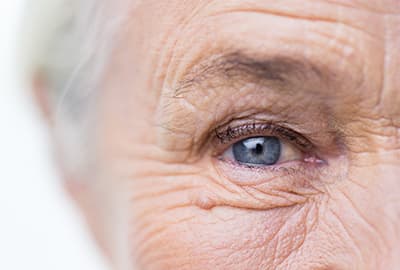
How is coronavirus related to your eyes?
 Coronavirus Disease 2019, or more commonly known as COVID-19, is caused by a specific type of respiratory virus called severe acute respiratory syndrome coronavirus 2 (SARS-CoV-2). This virus is transmitted through droplets via coughing or sneezing or fomites.
Coronavirus Disease 2019, or more commonly known as COVID-19, is caused by a specific type of respiratory virus called severe acute respiratory syndrome coronavirus 2 (SARS-CoV-2). This virus is transmitted through droplets via coughing or sneezing or fomites.
Depending on the severity and the person’s immune system, COVID-19 can manifest in many ways, ranging from no symptoms or mild flu-like symptoms (in most cases) to severe viral pneumonia. In addition, a few recent reports have highlighted that COVID-19 can also affect the eyes in the form of viral conjunctivitis with symptoms of watery eyes, redness, swelling or discharge. Very rarely, conjunctivitis may manifest as the first sign of COVID-19. Whilst the ocular symptoms are usually self-limiting, affected patients are advised to seek medical advice if they develop any severe eye pain, sensitivity to light or systemic symptoms such as high fever, coughing or difficulty in breathing.
For patients waiting for non-essential surgery such as cataracts, what can they do to maintain good health at home during this extended wait period?
Patients who are waiting for non-essential surgery such as cataract surgery, it is unlikely that their condition will suddenly deteriorate in a short time period. However, they should monitor their vision (one eye at a time) for any sudden deterioration or any new and unexpected symptoms such as severe eye pain, which could be a rare symptom of advanced cataract or another condition that is unrelated to the cataract.
Is it safe to wear contact lenses at this time?
As long as the precaution measures are taken, e.g. thorough hand washing and correct use of contact lens cleaning solution, contact lens wear should be safe at this time.
How can we maintain good eye health during the pandemic and avoid eye infections?
As the infection is spread through droplets and fomite, practicing good hand hygiene is key to maintaining good eye health. As mentioned above, patients with chronic eye conditions should monitor their eyes (one at a time) for any sudden change in the symptoms.




